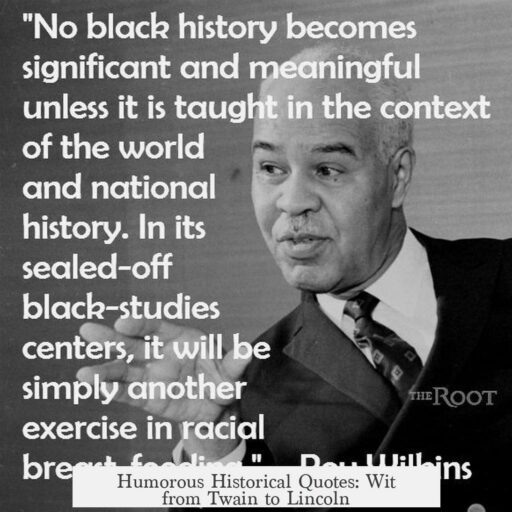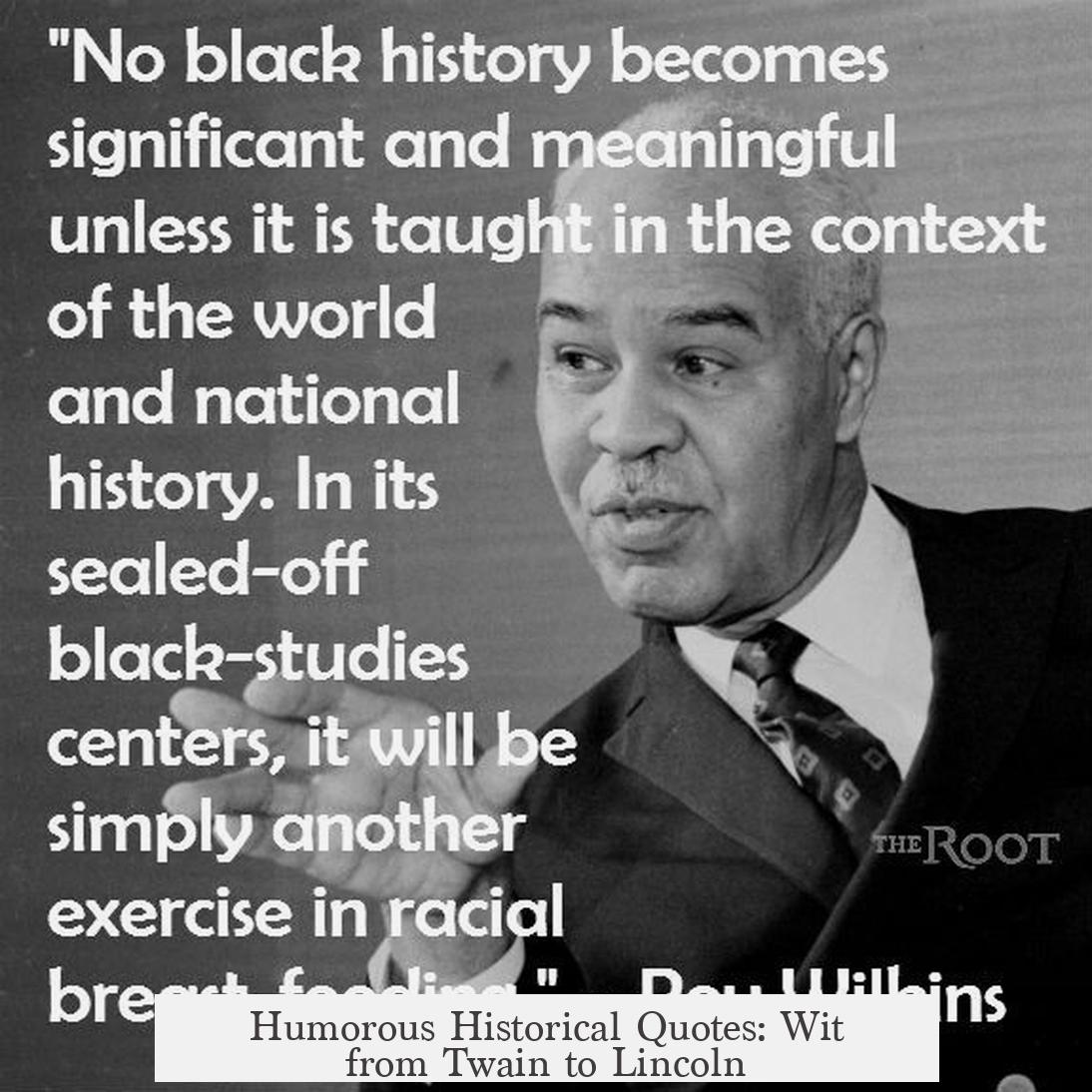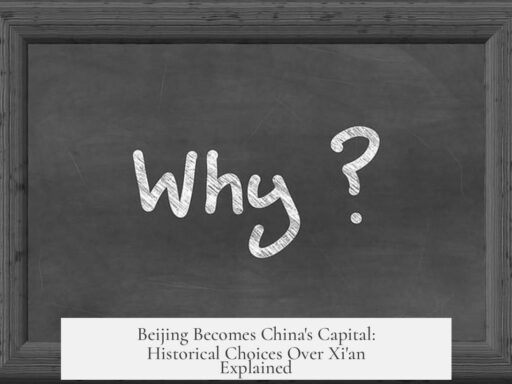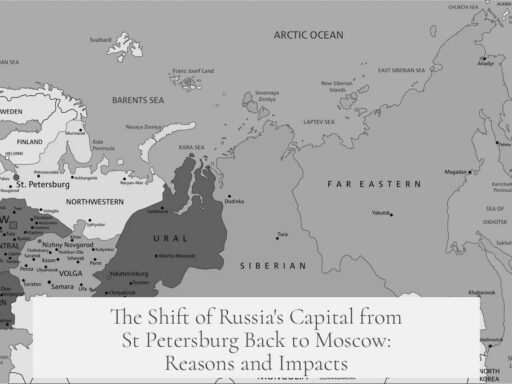One of the most memorable humorous historical quotes comes from President Abraham Lincoln: “If I were two-faced, would I be wearing this one?” This witty remark reveals Lincoln’s sharp humor and ability to address criticism with a clever comeback.
Humorous historical quotes often reflect the personalities behind great events and offer insight into their wit. For instance, Mark Twain offers dry humor in his quip about Cincinnati: “If the world was ending, I would move to Cincinnati, because everything there happens 20 years later.” Twain’s signature irony shines through this playful jab at the city’s sluggish pace of change.
Twain also penned a darkly humorous observation about funerals: “I did not attend the funeral, but I wrote a nice letter saying I approved of it.” This delivers sharp social commentary with a dose of irreverence.
Calvin Coolidge’s famous nickname “Silent Cal” suits his communication style, but his wit sparkles in a dinner anecdote. When Dorothy Parker claimed it was impossible to get more than two words from him, Coolidge dryly responded, “You lose.” This brief exchange highlights his dry humor.
Historical exchanges sometimes reveal sharp humor. When Philip of Macedon threatened the Spartans with destruction, their laconic reply was a single word: “If.” Their blunt defiance underlines Spartan toughness and humor in the face of threats.
Charles V’s quote about the languages he spoke captures social roles with a humorous twist: “I speak Spanish to God, Italian to women, French to men, and German to my horse.” This reflects stereotypes and the varied use of languages in different contexts.
Several humorous remarks come from more dramatic moments. Theodore Roosevelt, after surviving an assassination attempt, said, “It takes more than that to kill a Bull Moose!” His bravado mixes humor with resolve, turning a life-threatening event into a memorable moment.
Winston Churchill’s sharp wit countered insults effortlessly. When Bessie Braddock accused him of drunkenness, he replied, “Madam, you are ugly. In the morning, I shall be sober.” This biting comeback showcases Churchill’s mastery of repartee.
Thomas Edison’s humor about failure is famous and motivating: “I have not failed 10,000 times; I found 10,000 ways that won’t work.” His view reframes failure as part of the discovery process, with a lighthearted tone.
Even last words have been sources of humor. Dominique Bouhours, a French Jesuit priest, corrected a linguistic ambiguity just before dying: “I am about to – or I am going to – die; either expression is correct.” The meta-commentary shows wit in the final moments.
Some historical anecdotes demonstrate humor born from disaster. Sir John A., a Canadian political figure, vomited onstage while drunk during a speech. He recovered the situation by blaming his opposition’s policies for his sickness, winning back the audience with humor amid embarrassment.
Other examples include the Roman Emperor Claudius, whose last words reportedly were an expletive translated as “I have shit myself.” Seneca relayed this with wry commentary, underscoring the fallibility of great figures in humbling moments.
- Humor often provided historical figures a way to disarm critics and connect with audiences.
- Many quotes use irony or brevity to deliver memorable punches.
- Some humorous remarks contrast public gravitas with private wit, like Coolidge’s silence carrying a sharp retort.
- Quips often arise spontaneously from difficult or unusual situations, injecting levity.
- Humor remains a humanizing element for famous historical personalities.
These quotes reveal how humor, sarcasm, and wit transcend time. They provide insight into the characters behind the history, offering smiles and lessons. The ability to respond with humor endures as a valuable skill in communication across centuries.
What Is Your Favourite (Humorous) Historical Quote? Discover the Wit of the Ages!
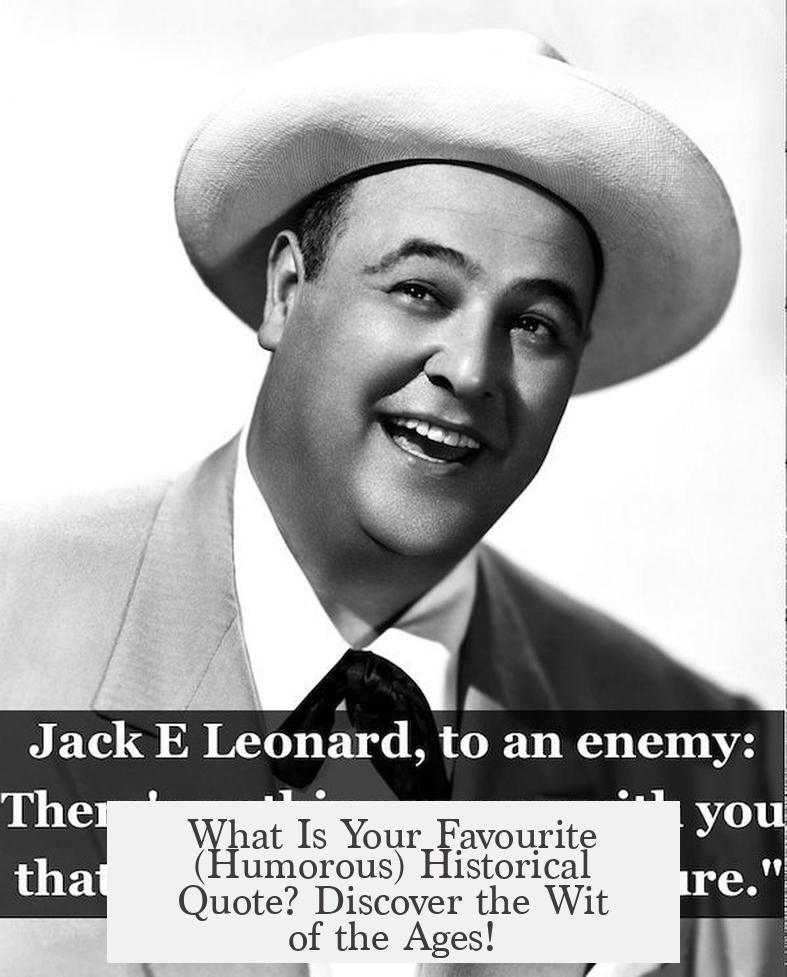
If you ask me about my favourite (humorous) historical quote, I’ll gladly hand the mic to Mark Twain’s sly jab about Cincinnati: “If the world was ending, I would move to Cincinnati, because everything there happens 20 years later.” This gem perfectly captures Twain’s dry wit and sharp observation about life’s delays and procrastinations. Let’s dive into this—and many other brilliant quips from history that combine humor and wisdom like a perfect cocktail.
The Charm of Mark Twain: Master of Sardonic Wit
Mark Twain, America’s beloved humorist, had a knack for turning everyday frustrations into brilliant one-liners. His Cincinnati joke pokes fun at a city’s slow pace with a twist of apocalyptic irony. Imagine having a disaster and wanting to avoid it by simply shifting 20 years into the future. It’s almost a time-travel hack! Twain also delivered a deliciously morbid punchline when he said, “I did not attend the funeral, but I wrote a nice letter saying I approved of it.” That’s the kind of unconventional politeness we all secretly admire.
Silent Cal and His Two-Word Triumph
Calvin Coolidge earned the nickname “Silent Cal” for his sparse speech. Yet, his witty comeback to Dorothy Parker’s bet showcases his sneaky verbal prowess:
“Mr. Coolidge, I’ve made a bet against a fellow who said it was impossible to get more than two words out of you.” His reply: “You lose.”
This encounter delivers a humorous lesson: sometimes, less really is more—and you don’t always need to talk a lot to win.
Abraham Lincoln’s Whiskey Wisdom and Internet Skepticism
Honest Abe wasn’t just a great president; he had a sharp tongue too. When told General Grant was constantly “getting shitfaced” on whiskey, Lincoln famously quipped:
“Tell me what brand of whiskey that Grant drinks. I would like to send a barrel of it to my other generals.”
That’s a classic example of finding humor amid chaos—if your general’s a bit drunk but still effective, why complain? It’s also an evergreen nod to appreciating the unexpected.
Speaking of honesty, Lincoln also joked about the reliability of internet quotes centuries before the internet existed:
“The problem with quotes on the Internet is that you can’t always be sure of their authenticity.”
Now that’s meta-humor for the ages!
History’s Bold One-Liners: Spartans, Kings, and Cannons
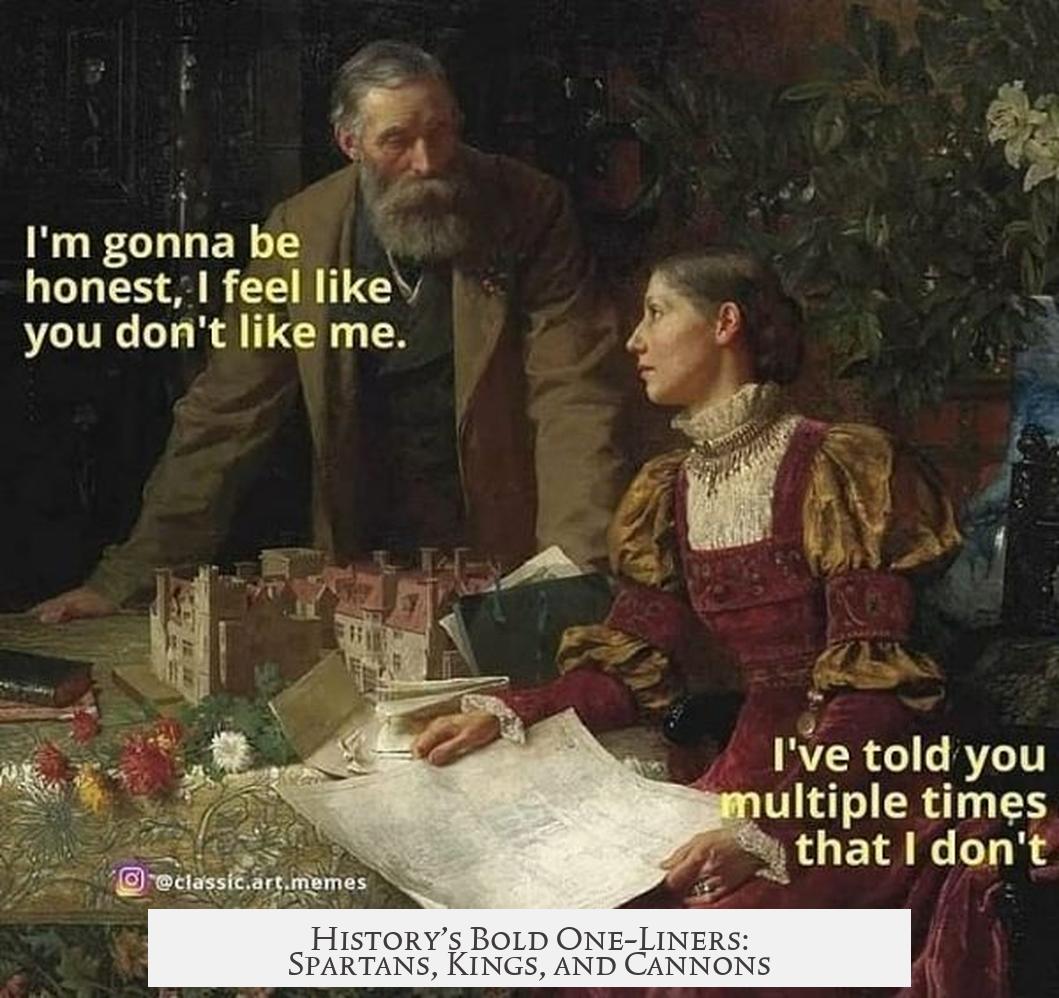
Philip of Macedon’s threatening message to the Spartans is legendary, but their one-word reply is pure iron-willed sass:
“If.”
This Spartan retort beautifully encapsulates their fearless spirit and the power of a single word. It’s a potent reminder that sometimes less is not only more—it’s intimidating.
Similarly, the Canadian statesman Sir John A. Macdonald once vomited during a debate—yes, you read that right—but won back his audience with this golden line:
“It was my opposition’s policies that made me so sick.”
Talk about turning a disaster into a political win! It teaches us a valuable lesson about owning one’s mistakes—and using humor to diffuse embarrassment.
Languages, Last Words, and Roaring Bull Moose
Charles V’s linguistic preferences also come with a humorous twist:
“I speak Spanish to God, Italian to women, French to men, and German to my horse.”
This quote tugs a smile because it captures the stereotypes of each language’s charm—or lack thereof (poor German-speaking horse!).
Dominique Bouhours offered a last laugh on life itself, declaring right before death:
“I am about to – or I am going to – die; either expression is correct.”
The pragmatic humor here gently mocks linguistic pedantry at the brink of mortality.
And who could forget Theodore Roosevelt’s fierce spirit after surviving an assassination attempt?
“Ladies and gentlemen, I don’t know whether you fully understand that I have just been shot; but it takes more than that to kill a Bull Moose!”
A perfect mix of toughness and levity that immortalized the Bull Moose nickname.
Sharp Tongues and Quick Wit: Churchill vs. Braddock
Winston Churchill certainly knew how to get the last laugh. When Bessie Braddock accused him of being drunk, Churchill replied:
“Madam, you are ugly. In the morning, I shall be sober.”
This biting comeback shows how humor can be a weapon in sharp political sparring. It’s cheeky and unforgettable—a hallmark of Churchill’s wit.
Modern Lessons from Historical Humor
Looking at these quotes, it’s clear humor plays a vital role in leadership, communication, and politics. The ability to share a quick, funny response or a clever observation can defuse tension, win supporters, or simply humanize a leader.
Take Thomas Edison, whose relentless experiments famously led him to say:
“I have not failed 10,000 times, I found 10,000 ways that won’t work.”
This humorous flip on failure inspires us to embrace persistence and patience. Humor here is more than entertainment; it’s a mindset tool.
Why Do These Quotes Endure?
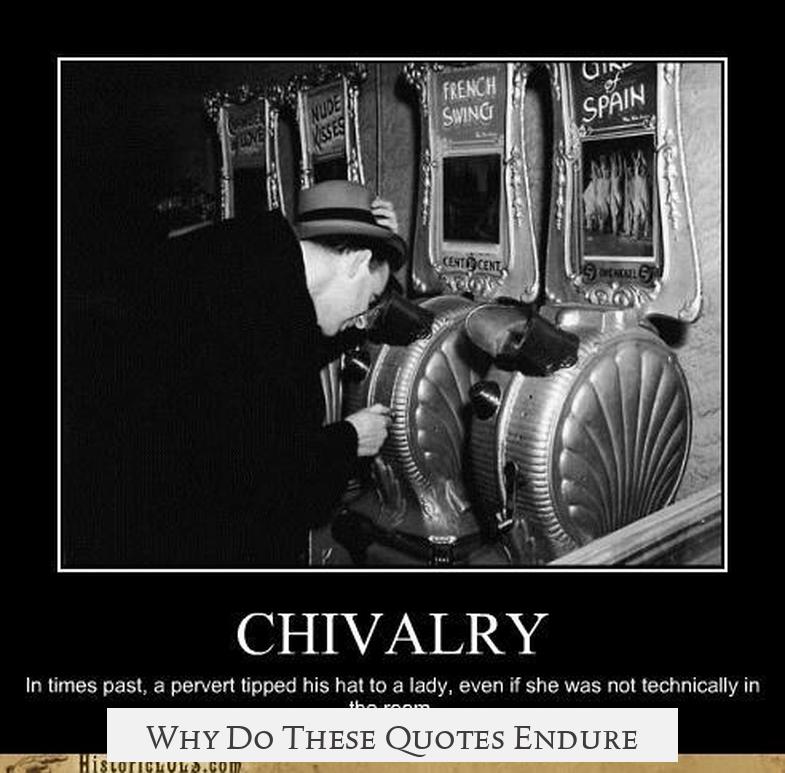
These witty historical quotes endure because they speak truth in a way everyone can relate to. They highlight human nature’s quirks, challenges, and ironies with a wink rather than a lecture. They remind us that even great leaders were human, sometimes irreverent, and often hilarious.
Plus, humor adds flavor to history. Instead of dry facts, we get stories that stick, making history more inviting and memorable.
Try This: Find Your Own Historical Quote and Own It
Feeling inspired? Next time you find yourself in an awkward or tense moment, try recalling a humorous historical quote. It might lighten the mood and sharpen your own wit. Or compose your own little quip, following the giants’ footsteps.
Wrapping Up: History’s Humor as a Timeless Gift
From Mark Twain’s Cincinnati quip to Lincoln’s whiskey joke, history offers a treasure trove of chuckles that also teach life lessons. Humor helped leaders communicate formidable ideas, connect with people, and endure tough times.
Remember, humor isn’t about being frivolous; it’s about perspective. These quotes invite us to see the lighter side of life and leadership—even in serious moments.
So, what’s your favourite humorous historical quote? Are you more of a Silent Cal “You lose” fan, or do you prefer the Spartan’s classic “If”? Share your picks and let the laughter continue!
